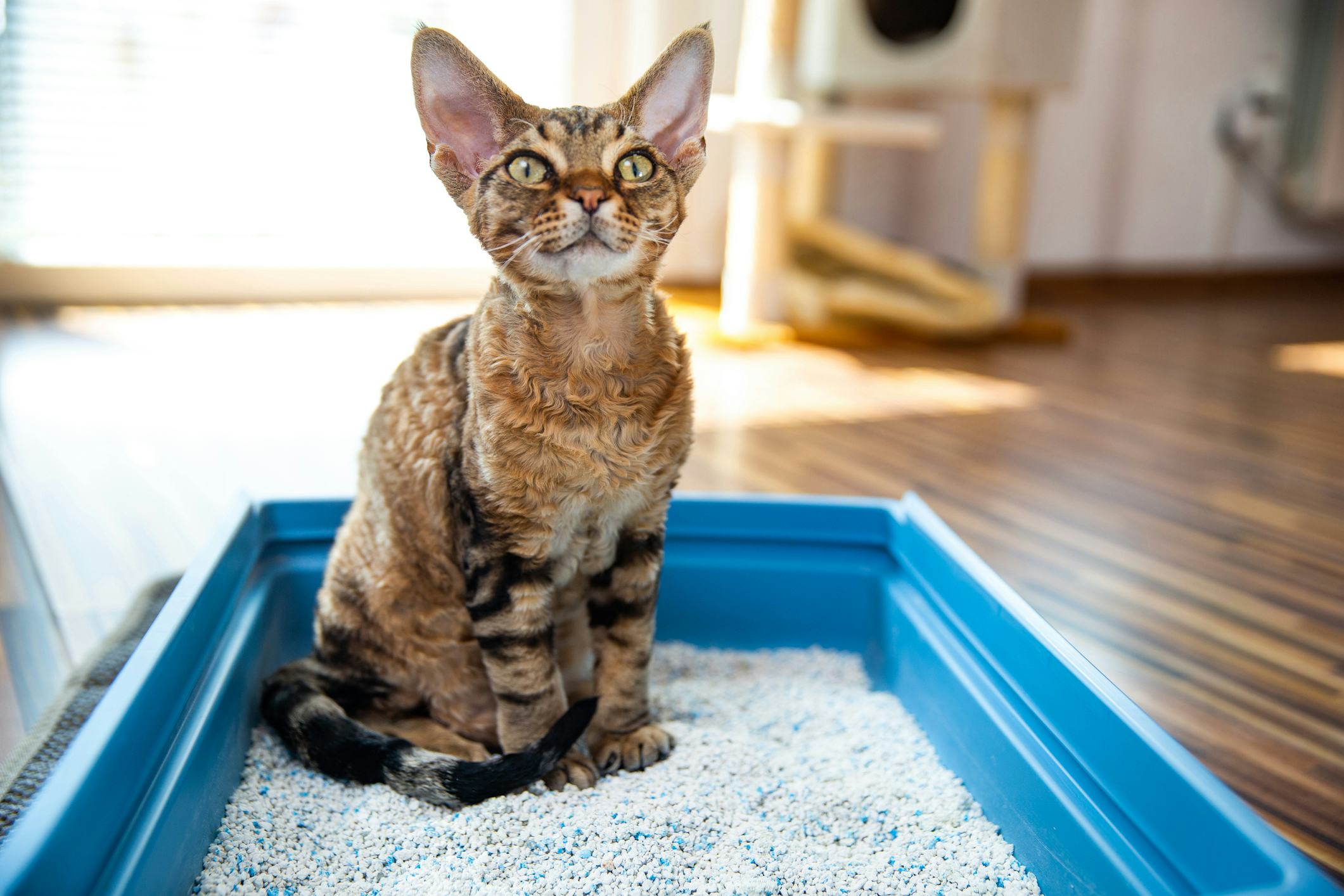Prevent Plumbing Problems: Don't Flush Cat Poop Down Your Toilet - Professional Advice
Prevent Plumbing Problems: Don't Flush Cat Poop Down Your Toilet - Professional Advice
Blog Article
Are you currently on the lookout for additional info around How to Dispose of Cat Poop and Litter Without Plastic Bags?

Intro
As pet cat proprietors, it's vital to be mindful of just how we throw away our feline pals' waste. While it might appear convenient to purge pet cat poop down the commode, this method can have harmful repercussions for both the atmosphere and human wellness.
Alternatives to Flushing
Luckily, there are much safer and more accountable ways to take care of pet cat poop. Think about the complying with options:
1. Scoop and Dispose in Trash
One of the most usual approach of throwing away cat poop is to scoop it into an eco-friendly bag and throw it in the garbage. Make certain to use a specialized trash scoop and throw away the waste immediately.
2. Use Biodegradable Litter
Opt for biodegradable feline litter made from products such as corn or wheat. These litters are environmentally friendly and can be securely disposed of in the trash.
3. Bury in the Yard
If you have a backyard, take into consideration hiding feline waste in an assigned area far from vegetable gardens and water resources. Be sure to dig deep adequate to avoid contamination of groundwater.
4. Install a Pet Waste Disposal System
Invest in an animal garbage disposal system especially developed for cat waste. These systems utilize enzymes to break down the waste, lowering smell and ecological effect.
Wellness Risks
In addition to environmental issues, purging feline waste can also posture health and wellness dangers to human beings. Pet cat feces may consist of Toxoplasma gondii, a bloodsucker that can trigger toxoplasmosis-- a possibly severe health problem, particularly for expecting females and individuals with damaged immune systems.
Environmental Impact
Flushing pet cat poop introduces harmful microorganisms and bloodsuckers right into the supply of water, posing a significant threat to aquatic ecosystems. These contaminants can negatively impact marine life and compromise water high quality.
Verdict
Responsible animal ownership prolongs past supplying food and shelter-- it also includes appropriate waste administration. By avoiding flushing cat poop down the commode and going with different disposal methods, we can reduce our ecological footprint and safeguard human health and wellness.
Why You Should Never Flush Cat Poop Down the Toilet
A rose by any other name might smell as sweet, but not all poop is created equal. Toilets, and our sewage systems, are designed for human excrement, not animal waste. It might seem like it couldn’t hurt to toss cat feces into the loo, but it’s not a good idea to flush cat poop in the toilet.
First and foremost, assuming your cat uses a litter box, any waste is going to have litter on it. And even the smallest amount of litter can wreak havoc on plumbing.
Over time, small amounts build up, filling up your septic system. Most litter sold today is clumping; it is made from a type of clay that hardens when it gets wet. Ever tried to scrape old clumps from the bottom of a litter box? You know just how cement-hard it can get!
Now imagine just a small clump of that stuck in your pipes. A simple de-clogger like Drano isn’t going to cut it. And that means it’s going to cost you big time to fix it.
Parasitic Contamination
Believe it or not, your healthy kitty may be harboring a nasty parasite. Only cats excrete Toxoplasma in their feces. Yet it rarely causes serious health issues in the cats that are infected. Most people will be fine too if infected. Only pregnant women and people with compromised immune systems are at risk. (If you’ve ever heard how women who are expecting are excused from litter cleaning duty, Toxoplasma is why.)
But other animals may have a problem if infected with the parasite. And human water treatment systems aren’t designed to handle it. As a result, the systems don’t remove the parasite before discharging wastewater into local waterways. Fish, shellfish, and other marine life — otters in particular — are susceptible to toxoplasma. If exposed, most will end up with brain damage and many will die.
Depending on the species of fish, they may end up on someone’s fish hook and, ultimately on someone’s dinner plate. If that someone has a chronic illness, they’re at risk.
Skip the Toilet Training
We know there are folks out there who like to toilet train their cats. And we give them props, it takes a lot of work. But thanks to the toxoplasma, it’s not a good idea.

Do you really like more info about How to Dispose of Cat Poop and Litter Without Plastic Bags? Write a review down the page. We'd be pleased to hear your views about this review. Hoping to see you back again later on. Sharing is caring. Helping others is fun. Thank you for your time spent reading it.
More Details Report this page